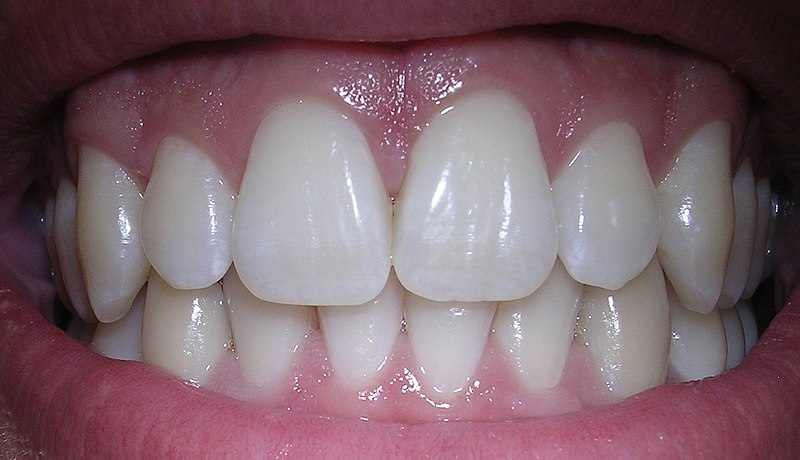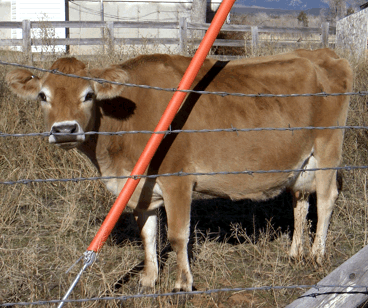 Over the months, I have talked about the link between meat consumption and environmental concerns. Some groups even insist that eating meat adds to global warming. When I speak with people regarding this, they vehemently assert that humans are designed to hunt prey and consume it. Which biological factors would point to carnivorous humans? Is it...
Over the months, I have talked about the link between meat consumption and environmental concerns. Some groups even insist that eating meat adds to global warming. When I speak with people regarding this, they vehemently assert that humans are designed to hunt prey and consume it. Which biological factors would point to carnivorous humans? Is it...- our relatively poor eye-sight?
- our lack of claws or talons?
- our inefficient locomotion (as compared to mammals that move on 4 legs)?
- our long digestive tracks (shorter is better to help avoid putrefaction of flesh in the digestive tract)?
The ultimate key to this problem, may have insisted, are our canines. You know, those "pointy" teeth designed for tearing flesh. BBC offers a look into herbivore versus carnivore teeth. If you've ever looked into a cat's mouth, you'll undoubtedly agree that their teeth are very different from ours. Theirs are designed for eating meat from the body of their victim. Cats are primarily carnivores. Our teeth look like those of herbivore's. Just another nail in the meat-eating coffin, I'd say.
But I urge you to educate yourself, and then decide. My transition to a meatless lifestyle has been gradual. I took it step-by-step, and always sought out what worked for me. Try meat substitutes. They can be found in many grocery stores and come in many types. Keep in mind, though, that each brand is different. You may like some while disliking others. Try a few before you make up your mind. Found a favorite brand? Post about it in the comments section.
Image: http://commons.wikimedia.org/wiki/Image:06-10-06smile.jpg

